

Why Africa must queue behind Burkina Faso’s Ibrahim Traoré
By edentu OROSO
 President of Burkina Faso, Ibrahim Traoré
President of Burkina Faso, Ibrahim Traoré
Africa is in dire need of self-cleansing or rebirth. This urgency is never more pressing. The continent, whose wealth has long been overshadowed by the invasive forces vying for dominion over its soul, must respond promptly to the challenge of rising together to confront the hawkish West that hovers like vultures in the sky. The unity of Africa is sacrosanct. It’s not just an aspiration but a vital necessity for the survival of a continent that continues to bleed under the weight of mental servitude and an insidious culture of economic subjugation.
As long as Africa refuses to elevate its collective psyche in alignment with the imperatives of the changing world, harnessing its boundless potential as the economic powerhouse it could be, it will remain trapped in a cycle of division—perpetuated by external forces—that cripples its progress. In the face of such internal disarray, the continent will forever struggle against its most formidable adversary: itself.
Africans remain the staunchest enemies of their own robust and resource-rich continent. The absence of internal cohesion mechanisms, a unified vision supported by a common currency, and the persistence of self-imposed trade barriers between states and regions highlight Africa’s ongoing fragmentation. Add to this the unresolved language question, and it becomes clear why the continent struggles to forge a formidable economic and political front capable of resisting Western dominance. The former Organisation of African Unity (OAU), now rebranded as the African Union (AU), stands today as little more than a symbolic appendage to a continent in perpetual crisis.
The AU and several sub-regional bodies such as ECOWAS and ECOMOG have played significant roles in fostering regional cooperation and integration. However, a holistic unity capable of redefining Africa’s relationship with the rest of the world remains largely aspirational. Numerous challenges plague the continent: discordant voices, competing interests, and ideological divisions that leave its frameworks vulnerable to external infiltration and exploitation.
The West, ever vigilant, hovers like a predator, poised for the moment to strike. With carefully placed dominion over key global economic and political platforms, the West's hawks sharpen their talons, ready to stifle or devour any semblance of progress. Their eyes are ever watchful, their beaks well-honed to seize control of Africa’s precious resources, a pursuit that sparked the historic scramble and partition of the continent. The veneer of independence for African states was, in truth, a farce. The exploitative schemes of the West continue unabated, their grip firm on every conceivable lever of power, shaping Africa's fate according to their agendas. The exploitation of Africa’s wealth is as relentless as it is discreet, and it can only be undone through a unity of thought, strategic action, and resolute engagement. The time for complacency has passed. The moment to act is now—or never.
A few visionaries have attempted to tilt the scales, striving for a more self-reliant and cohesive African future. The late Libyan leader, Muammar Gaddafi, once championed the bold idea of a United States of Africa, an ambitious vision where self-sufficiency, progress, and homegrown solutions took centre stage in Africa’s governance. His dream of an indivisible Africa—one not bound by foreign interests but driven by its own destiny—was tragically cut short by the sharp arrows of the West. They painted him as a tyrant drunk on power, his leadership style condemned as a threat to Libya's prosperity. They sold the world the lie that Gaddafi was corrupt, transforming Libya into his personal fiefdom. The West’s media machine, ever the accomplice, fashioned him as a villain, obscuring his genuine efforts to foster stability and development in the country. In their eyes, Gaddafi’s vision of a stronger, independent Africa posed a dangerous challenge. Thus, they orchestrated his demise, aided by the USA, to prevent the rise of another regional superpower.
General Sani Abacha, of controversial memory, was a thorn in the side of the West. Unlike many of his contemporaries, he saw no need to court Western approval. He refused to borrow from the Bretton Woods institutions, the Paris Club, the IMF, or the World Bank—bodies widely viewed as tools of neocolonialism—yet managed to stabilise Nigeria’s economy when crude oil prices hovered below $17 per barrel. Through the Petroleum Trust Fund (PTF), he launched an ambitious programme of infrastructural development, building roads, hospitals, and schools nationwide, despite his reputation as a repressive military ruler. Many believe that his economic independence and defiance of Western influence ultimately led to his death, allegedly with the complicity of local collaborators.
Captain Thomas Sankara of Burkina Faso met a similar fate. His "crime" was not failure, but rather his genuine commitment to his people’s well-being. Sankara, much like Gaddafi, sought to liberate his nation from the choking grip of former colonial powers. He envisioned a Burkina Faso where the dreams of its people could take flight, unencumbered by foreign influence. But his closest ally, Captain Blaise Compaoré, would betray him in a bloody coup, orchestrated in part by the interests of France, who could not tolerate Sankara’s independent vision. Sankara’s only sin? Challenging the imperial grasp of his former colonial masters. His death was not just a political tragedy—it was a message to any leader who dared to envision an Africa free from foreign control.
The truth remains that both Anglophone and Francophone African nations are still, in many ways, subservient to their former colonial masters. Independence, as symbolised by national flags and constitutions, remains largely a façade. Behind the curtain, the policies of these nations are still subtly steered by London, Paris, and Washington. Any African leader who dares to defy this system is swiftly labelled an enemy of the West. The relationship between France and its former colonies exemplifies this imbalance. France continues to siphon immense wealth from its former colonies, with recent revelations indicating that it generates over $500 billion annually from its African holdings. Not a single African country colonised by France controls its own currency or foreign reserves—these are managed in Paris. Their military personnel are trained in France, and their arsenals of war are supplied by the same power that once oppressed them. In countries like Senegal, Mali, Burkina Faso, and Côte d'Ivoire, the influence of France is so deep that the line between French and African identity is often indistinguishable.
It is no surprise, then, that when any African nation dares to break free from this imperial hold, it faces vehement resistance, threats, and, at times, violent retribution. The imperial hawks will stop at nothing to ensure that their stranglehold on the continent remains unchallenged. The message is clear: for Africa to truly rise, it must first unite—resisting the internal divisions that have long been exploited by external forces. Only then can it reclaim its rightful place on the global stage, not as a passive resource, but as a dynamic and sovereign force, capable of shaping its own destiny.
Keeping Africa in a state of perpetual dependency is a recurring feature of Western foreign policies and financial aid. This is what Burkina Faso’s current leader, Captain Ibrahim Traoré, is confronting.
Captain Ibrahim Traoré has carved his place in history as the second-youngest head of state globally at 37 years old, rising to power in Burkina Faso after toppling interim president Paul-Henri Sandaogo Damiba in a swift coup in September 2022. From the outset, Traoré committed himself to steering his nation on a sovereign path, breaking away from the heavy influence of former colonial master France. Despite facing waves of smear campaigns, foreign-backed protests, and even assassination attempts, he has stood resolute, defending the dignity of his people. Where others have faltered—succumbing to corruption, suppressing dissent, and breeding decay, much like the painful decline seen in parts of Nigeria’s central region—Traoré has remained steadfast in his commitment to the trust placed in him.
Against this backdrop, it becomes evident that Africa can no longer afford to stand divided. The fate of Captain Ibrahim Traoré in Burkina Faso is no longer the concern of one nation alone; it is a clarion call for the entire continent. His sterling stead—his audacity to carve a path unshackled from colonial chains—has made him both a symbol of hope and a target for imperialist hawks circling overhead.
History warns us: whenever a son of Africa dares to rise, the old empires marshal their forces, cloaking exploitation in the garb of diplomacy, sanctions, and sponsored unrest. Traoré’s resistance to subjugation is not merely for Burkina Faso; it is for Lagos and Dakar, for Kinshasa and Kigali, for all the ancient rivers and sunlit plains where our ancestors once walked free.
If Africa fails to rally around him now, if we allow him to be isolated and overwhelmed, we betray not only Traoré but the dream of a sovereign continent. His struggle must become our struggle. His stand must awaken a continental consciousness that transcends borders drawn by foreign hands. In defending him, Africa defends the principle that her destiny is hers alone to shape.
Traoré’s courage must inspire a pan-African resurgence—not a unity of words, but a unity of will. A unity forged not merely by history's shared wounds, but by the burning resolve to safeguard the few brave enough to challenge the old order. Africa must gather, not as disparate nations jostling for favour, but as one people rising to protect the future Traoré represents: a future where no African leader bows before imperialist interests, and where no African child grows up a stranger to freedom.
In Captain Ibrahim Traoré, Africa has been given a rallying point. In standing with him, Africa stands with herself.

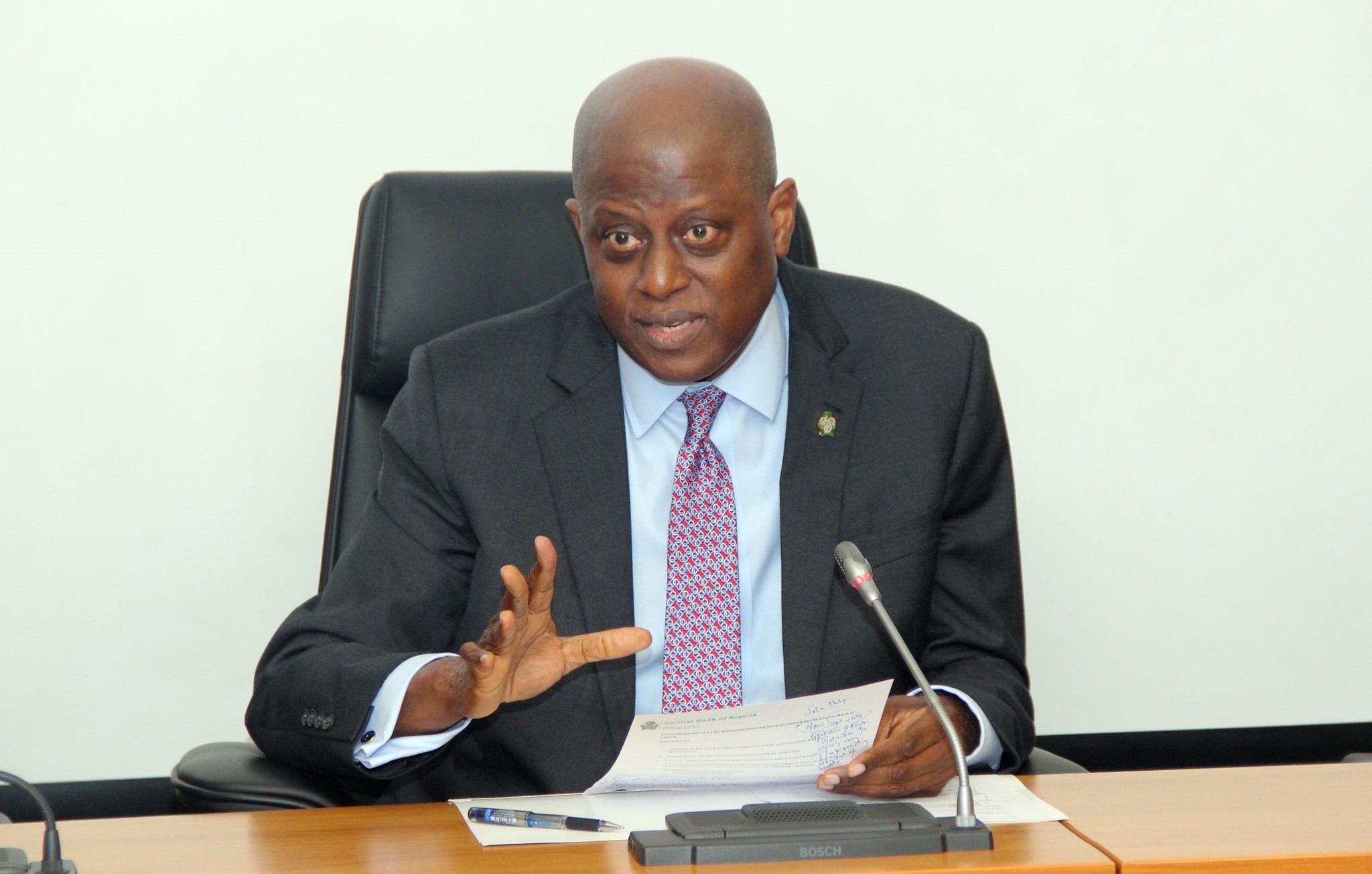
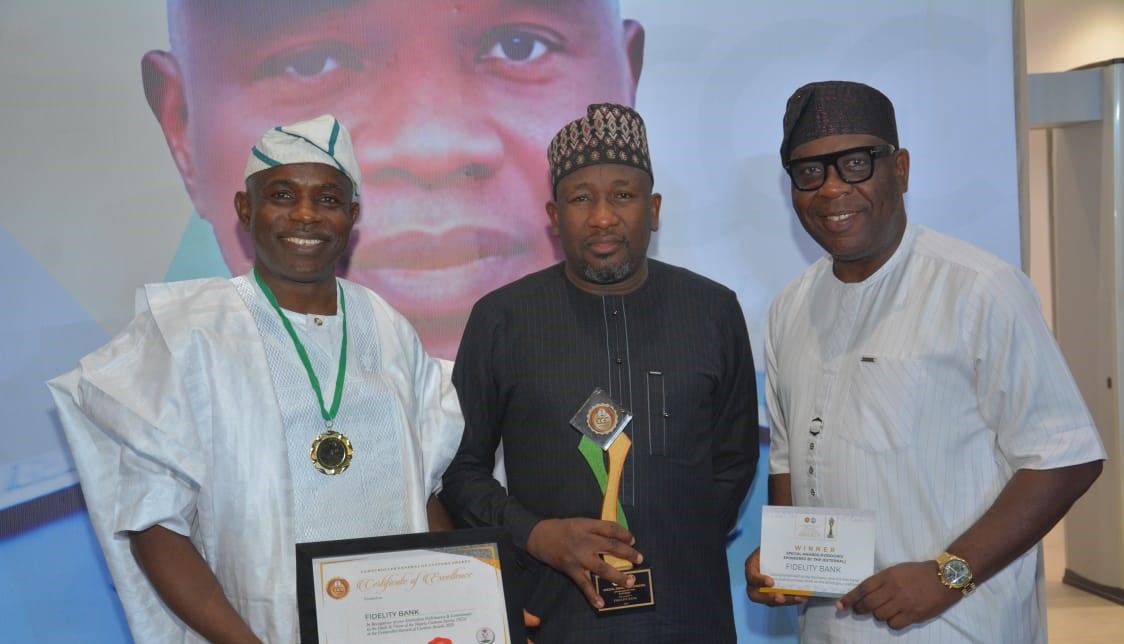
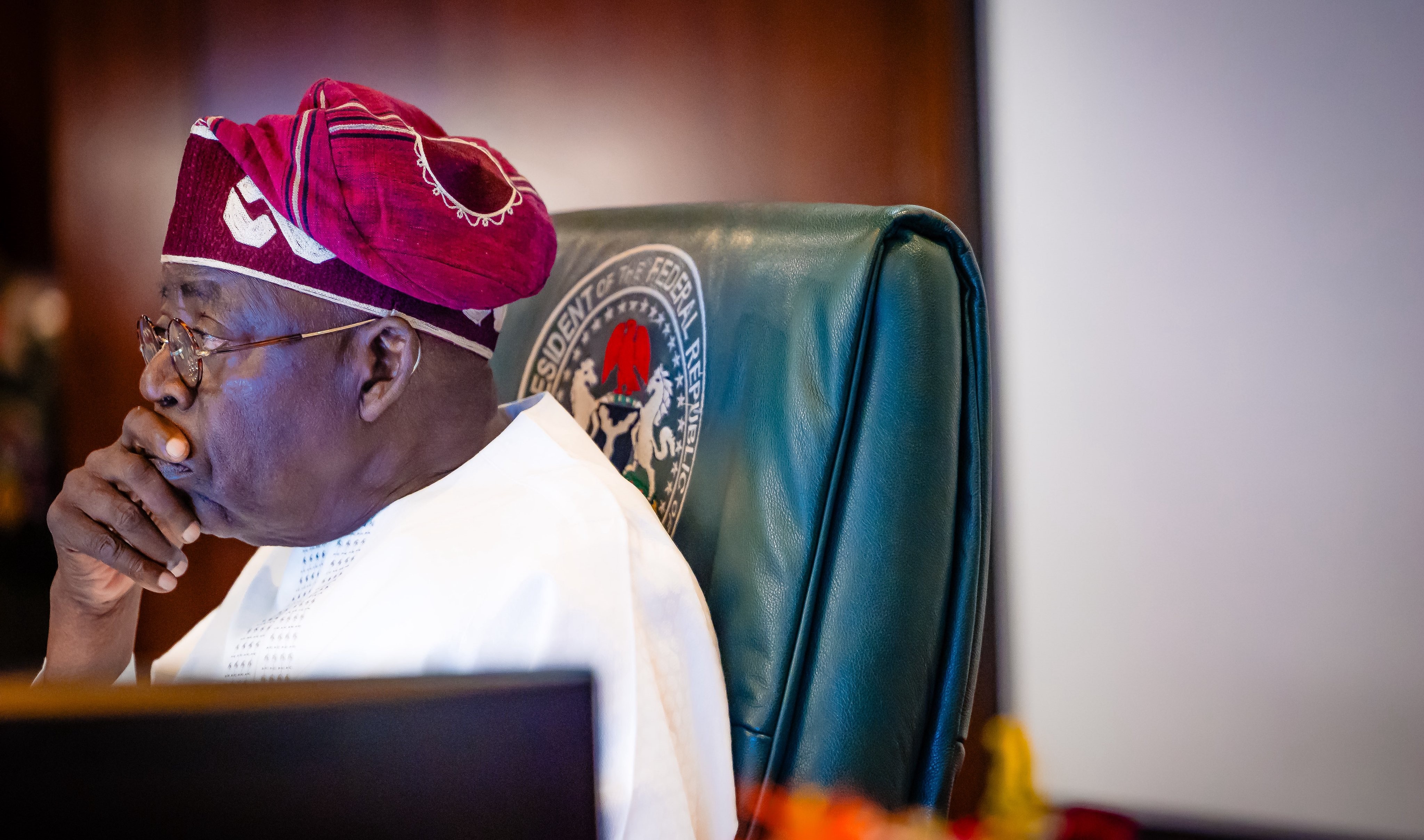
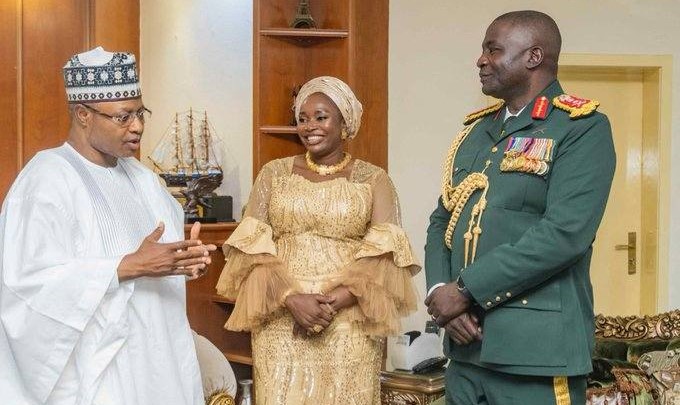
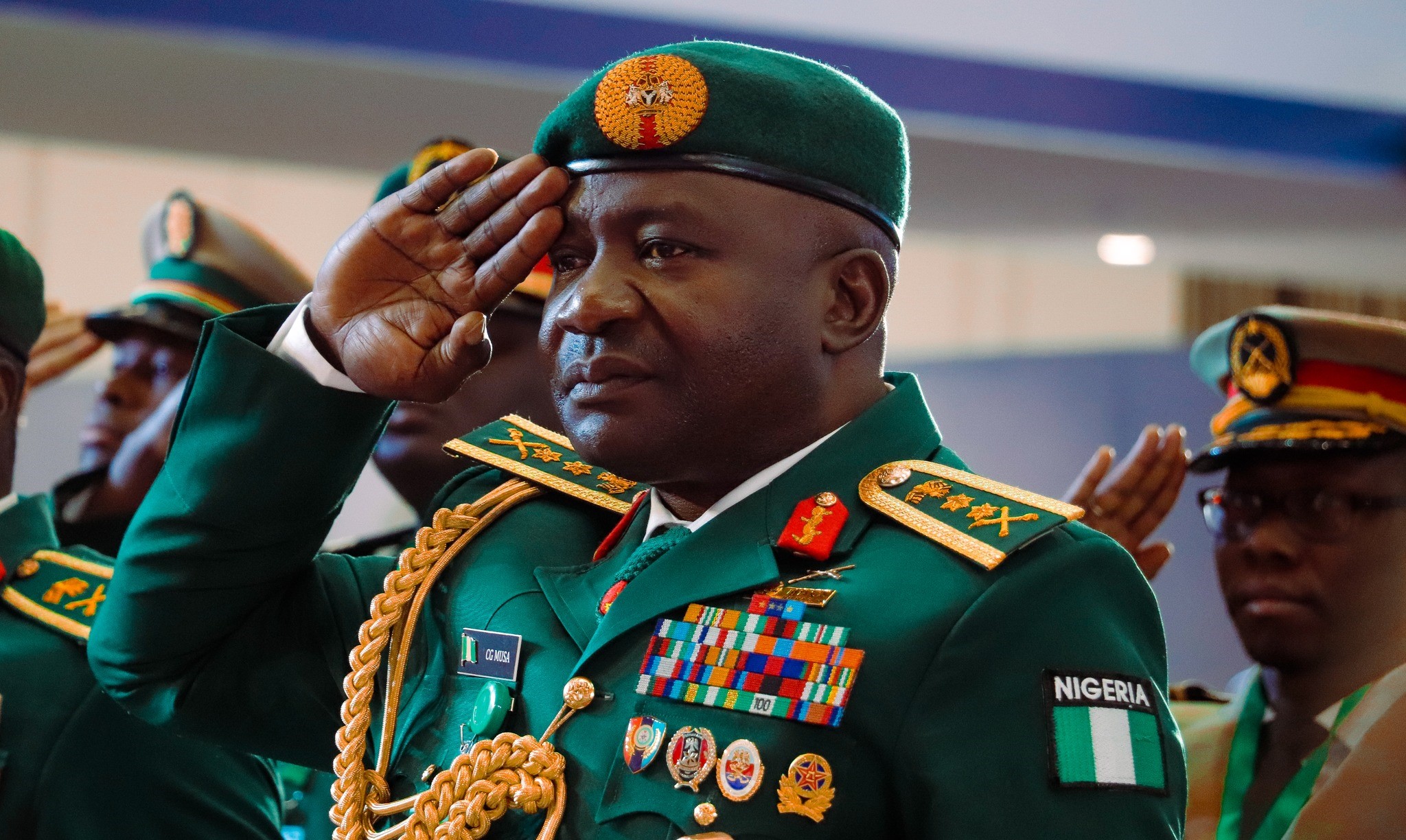
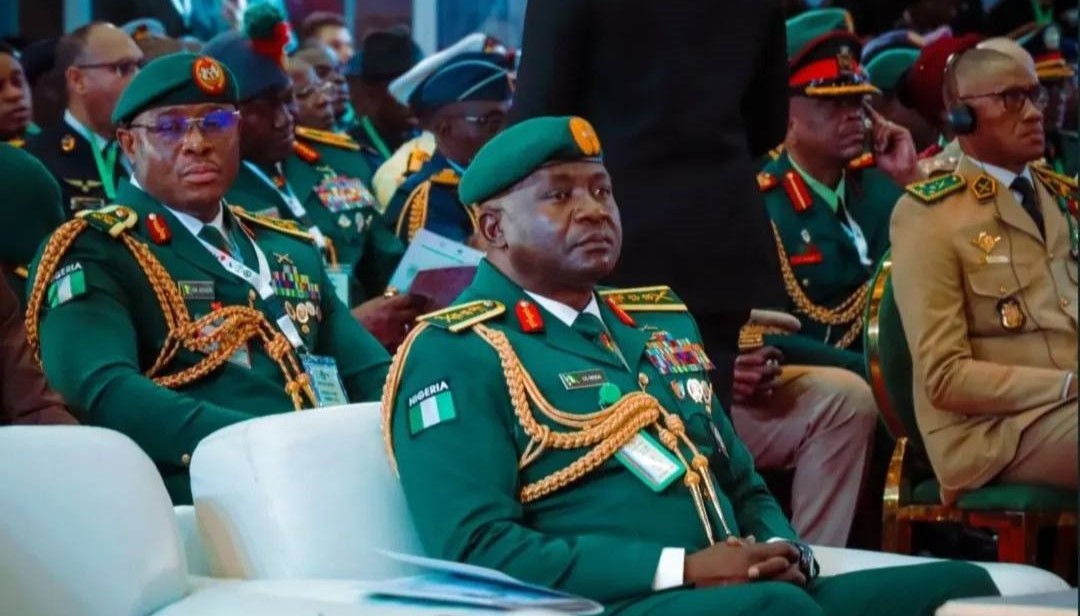
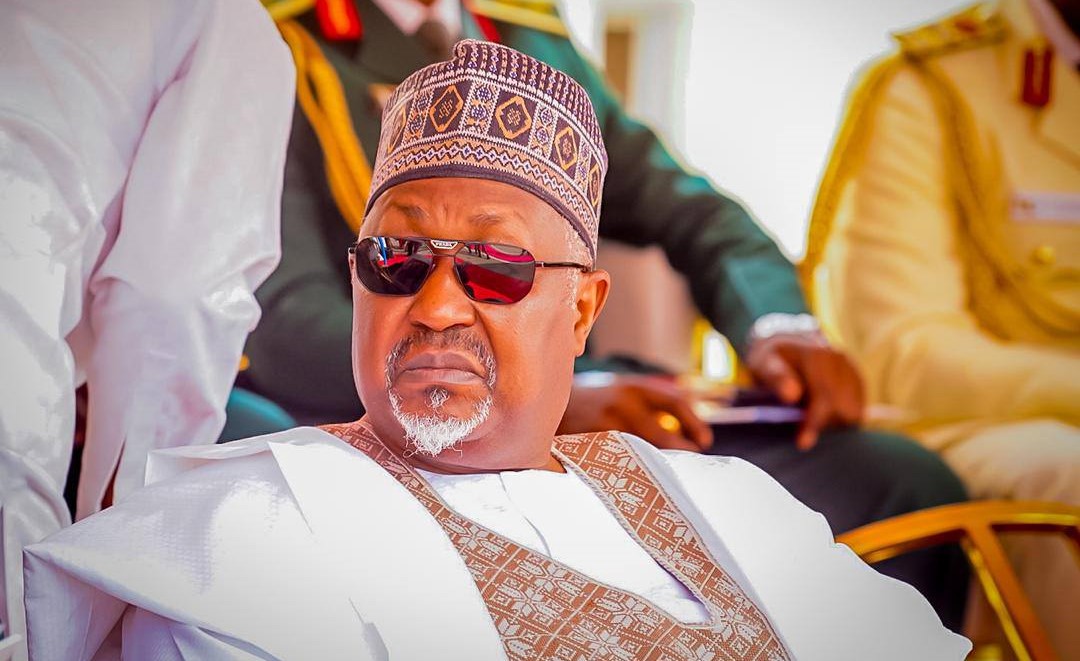
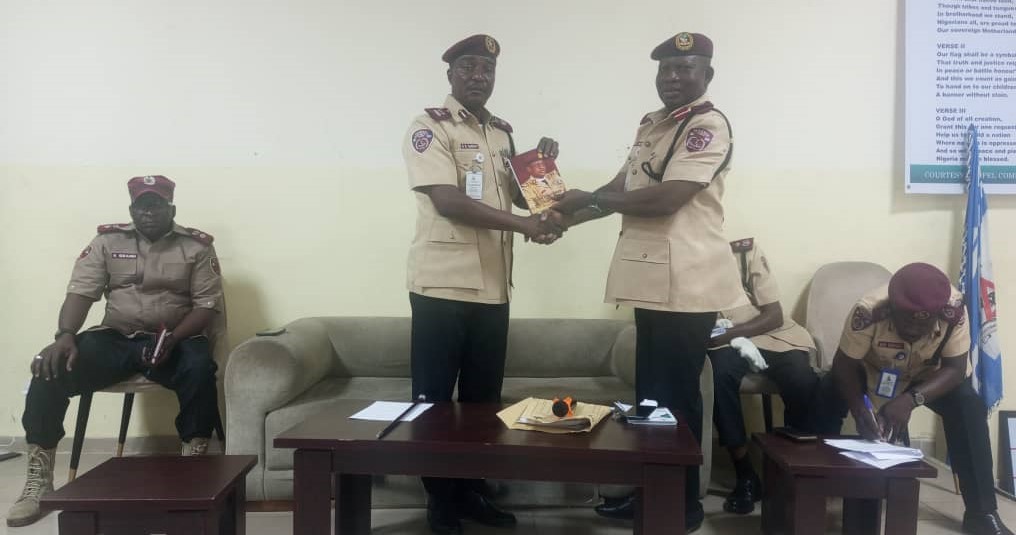
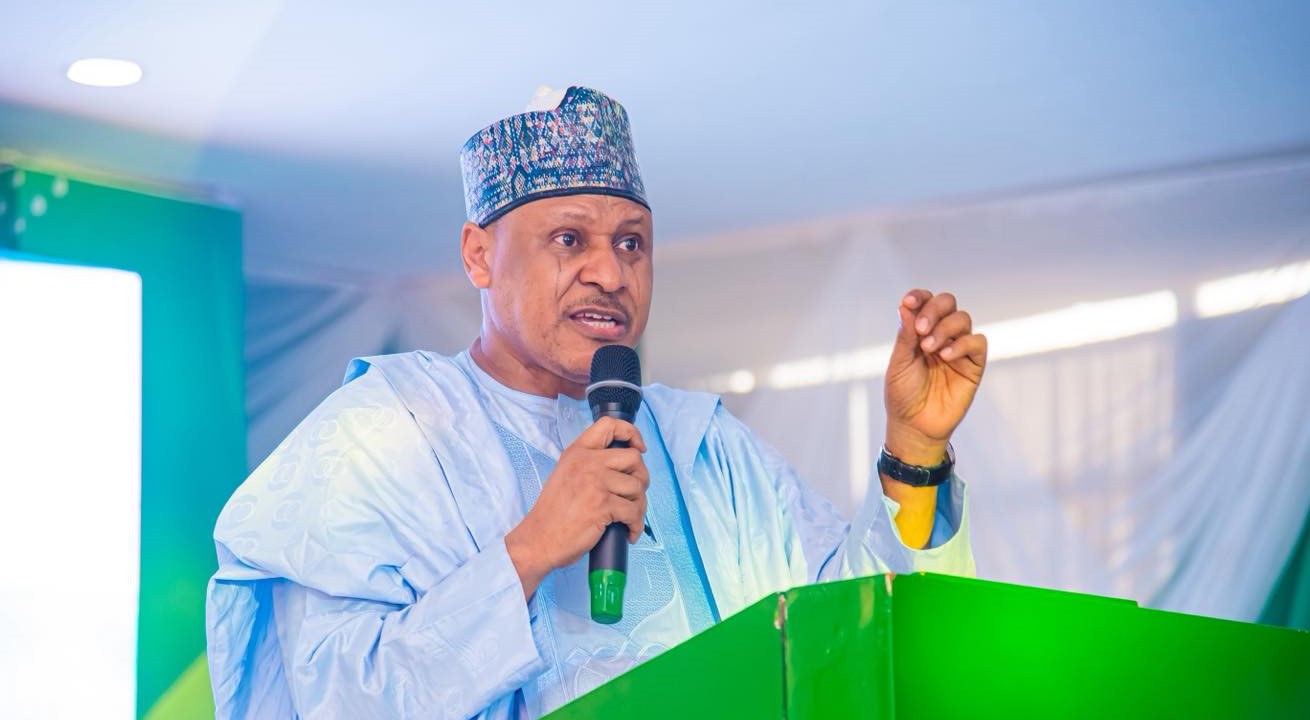
Comments
Be the first to comment on this post
Leave a Reply